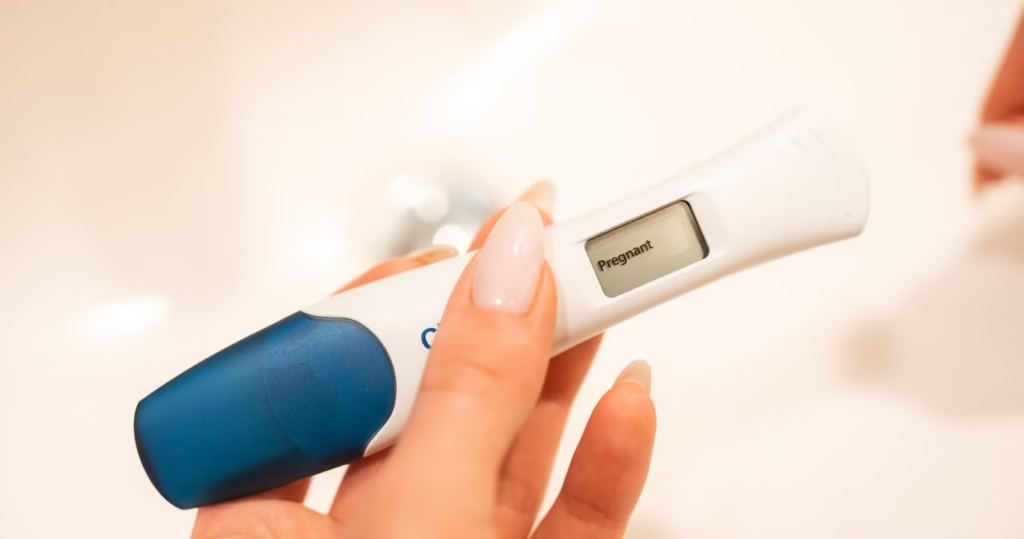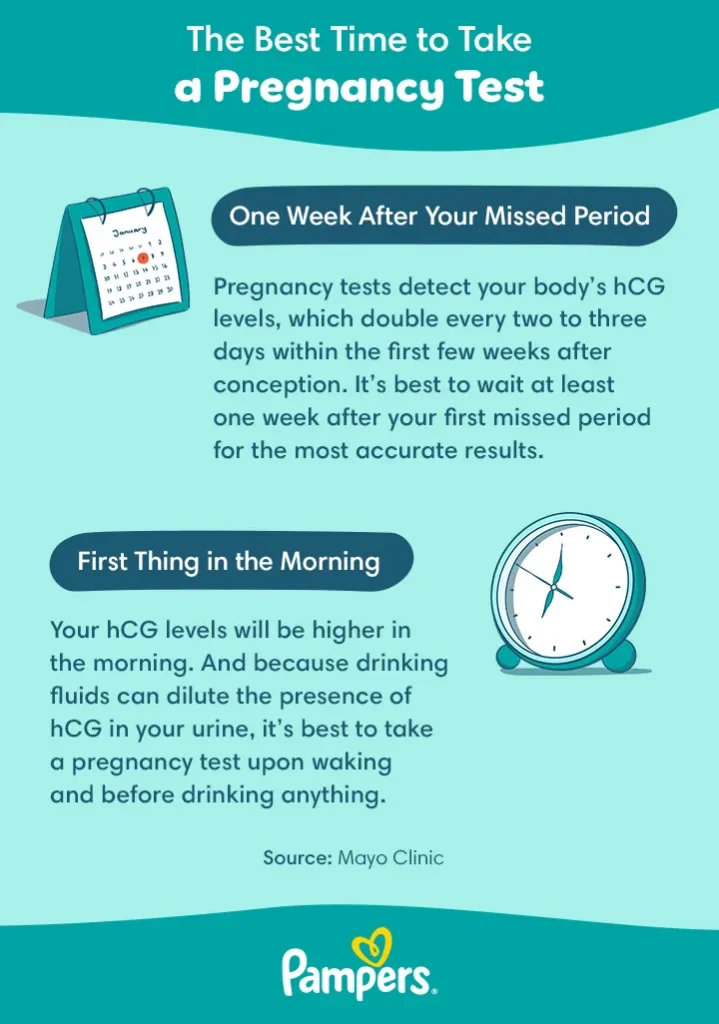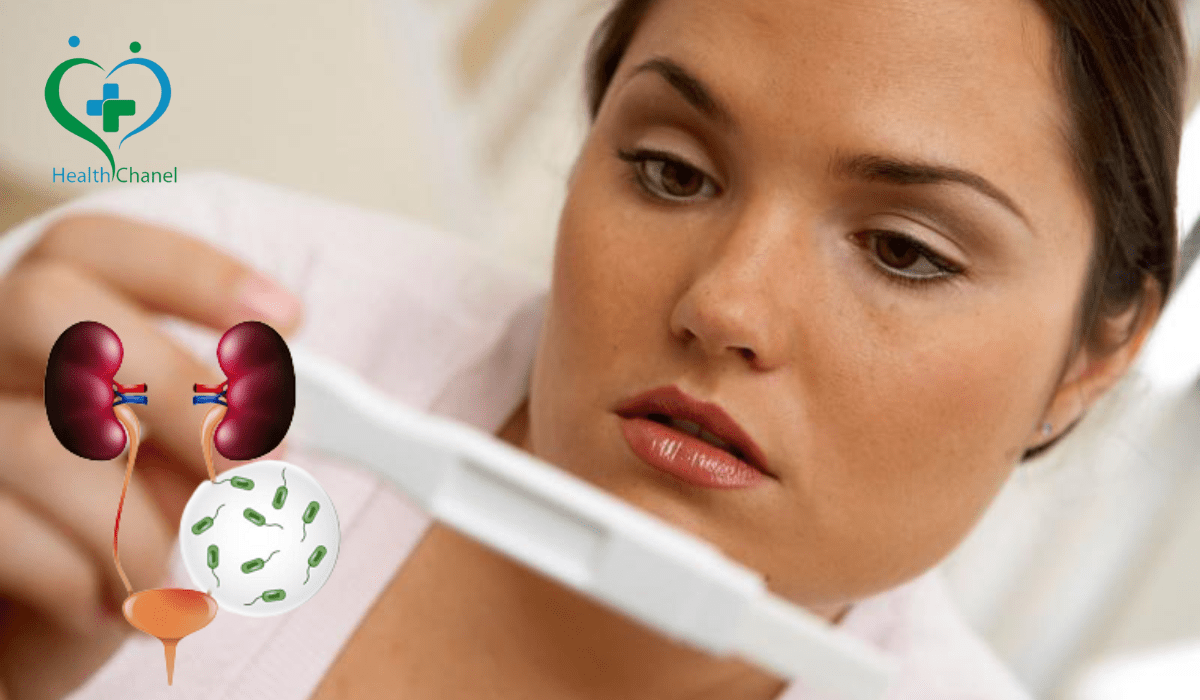Taking a pregnancy test can be a nerve-wracking experience, especially if you’re not sure what the results might mean. For some women, the experience becomes even more confusing when they suspect something unusual is affecting the outcome. A common question that arises is, “Can a UTI cause a false positive pregnancy test?” This concern is valid, especially since both a UTI (urinary tract infection) and pregnancy involve changes in your body. To clear up the confusion, let’s explore how a UTI might influence a pregnancy test and what steps you should take to get accurate results.
How Pregnancy Tests Work
Pregnancy tests, whether a home pregnancy test kit or one administered by a doctor, detect the hormone hCG (human chorionic gonadotropin) in your urine or blood. This hormone is produced shortly after a fertilized egg attaches to the uterus. HCG home pregnancy tests are designed to be highly sensitive, but their accuracy can sometimes be affected by factors like medical conditions or errors in testing.
When using a urine pregnancy test, it’s essential to follow the instructions carefully. If you’re unsure about the results or how to interpret them, a blood pregnancy test done by your doctor can provide more accurate insights.

Can a UTI Cause a False Positive Pregnancy Test?
UTIs are common, especially in pregnant women, due to hormonal changes and pressure on the bladder. However, a UTI alone does not produce hCG, meaning it cannot directly cause a false positive pregnancy test. That said, some scenarios might create confusion:
Contaminated Urine Sample:
If bacteria or blood from the UTI contaminate the urine sample, it could interfere with the test’s ability to provide accurate results. While this is rare, it’s a possible factor when testing at home.
Medications or Health Conditions:
Certain medications, such as those containing hCG or fertility treatments, can lead to a false positive pregnancy test result. Similarly, medical conditions like ovarian cysts or kidney issues might influence the outcome.
Errors in Testing:
Incorrect use of a pregnancy test kit, such as testing too early, misreading the results, or using an expired kit, could yield misleading results. Always follow the instructions provided with the pregnancy test to ensure accuracy.
What Can Cause a False Positive Pregnancy Test?
Aside from UTIs, several factors might result in a false positive pregnancy test result:
- Evaporation Lines: A faint line on a test strip might be mistaken for a positive result.
- Recent Pregnancy: If you’ve recently miscarried or given birth, residual hCG can still be detected.
- Fertility Treatments: Medications containing hCG may remain in your system.
- Certain Medical Conditions: Rare cases like trophoblastic disease or tumors may cause elevated hCG levels.

How Often Does a UTI Cause a False Positive Pregnancy Test?
A UTI causing a false positive pregnancy test is extremely rare. Most often, it’s not the UTI itself but rather contamination or other underlying factors that might lead to inaccurate results. To minimize confusion, it’s best to get a pregnancy test done at a doctor’s office if you suspect a false positive result.
How to Get Accurate Pregnancy Test Results
If you’re worried about accuracy, here are some tips to ensure reliable results:
- Use a High-Quality Test Kit:
Opt for a trusted brand of pregnancy check kit and verify the expiration date. - Follow the Instructions:
When using a urine pregnancy test, read the directions carefully to avoid errors. - Test at the Right Time:
For the most accurate results, test your first-morning urine when hCG levels are concentrated. - Confirm with a Doctor:
If you’re unsure about the result, consult your doctor for a blood pregnancy test. These are highly reliable and can confirm pregnancy with greater accuracy. - Address UTI Symptoms:
If you have UTI symptoms like burning during urination or frequent trips to the bathroom, seek treatment before retesting. Treating the infection may reduce the likelihood of contamination.
Final Thoughts
While UTIs themselves don’t directly cause false positive pregnancy results, they can sometimes contribute to confusion. Factors like contaminated samples or testing errors are more likely culprits. If you’re questioning your pregnancy test results positive or have doubts about the accuracy of a urine pregnancy test, consult your doctor for clarity. A blood pregnancy test can provide definitive results and address any lingering uncertainties.
Remember, testing at the right time and following proper procedures can make all the difference. If you suspect a UTI or are unsure about your pregnancy status, don’t hesitate to reach out to a healthcare professional for guidance.
Read More: Can a UTI cause a false positive pregnancy test?
